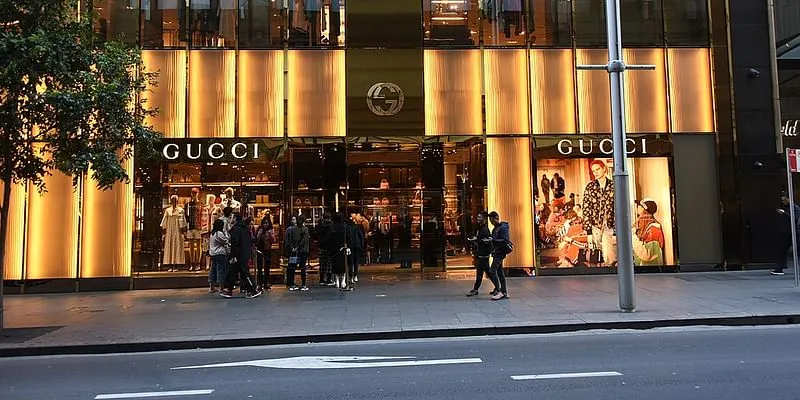Fashion brand Gucci will accept crypto payments in some US retail stores
French fashion brand Gucci becomes the latest company to tap into rich crypto investors' pockets by accepting non-traditional payment methods.
Fashion brand Gucci — owned by French conglomerate Kering — has announced it will start accepting payments in cryptocurrency at some of its flagship outlets in the US.
Gucci will process payments in different coins, including Bitcoin Cash, Wrapped Bitcoin, Ether, Dogecoin, Shiba Inu, and certain stable coins whose value are pegged to fiat currency.
According to Vogue Business, Gucci has given a green light to its outlets at Rodeo Drive in Los Angeles, Wooster Street in New York, and Las Vegas for the pilot.
The fashion house said it would convert the crypto to fiat currency on its end. It also hopes to expand this service to its directly-operated North American stores in the near future.

However, any previous attempts to accept crypto as retail payments for high-value products and services have struggled due to anti-money laundering concerns.
Electric car maker Tesla — whose founder Elon Musk is bullish on crypto — attempted to accept Bitcoin payments for its cars last year but had to halt the option after three months.
Tesla said that the environmental cost of mining Bitcoin was a concern amidst the company's environmental, social, and governance (ESG) goals.
Moreover, the US's strong anti-money laundering laws require filings for crypto purchases above $10,000, and the tax implications of liquidating Bitcoin meant only a few users purchased cars using Bitcoin.
Similarly, the Thailand real estate sector saw another high-value attempt to use crypto payments. While it thrived for a while, the Thailand government eventually banned crypto payments in the country in March as an attempt to change its image as a money-laundering haven and get itself off the US State Department's "countries of primary concern" list.
While Gucci products may not always cost over $10,000, luxury products do have a thriving secondary market used to launder money in the past. Nonetheless, the tax and regulatory concerns around purchasing the products may make it cumbersome for regular crypto owners to use this new facility.
Edited by Suman Singh








